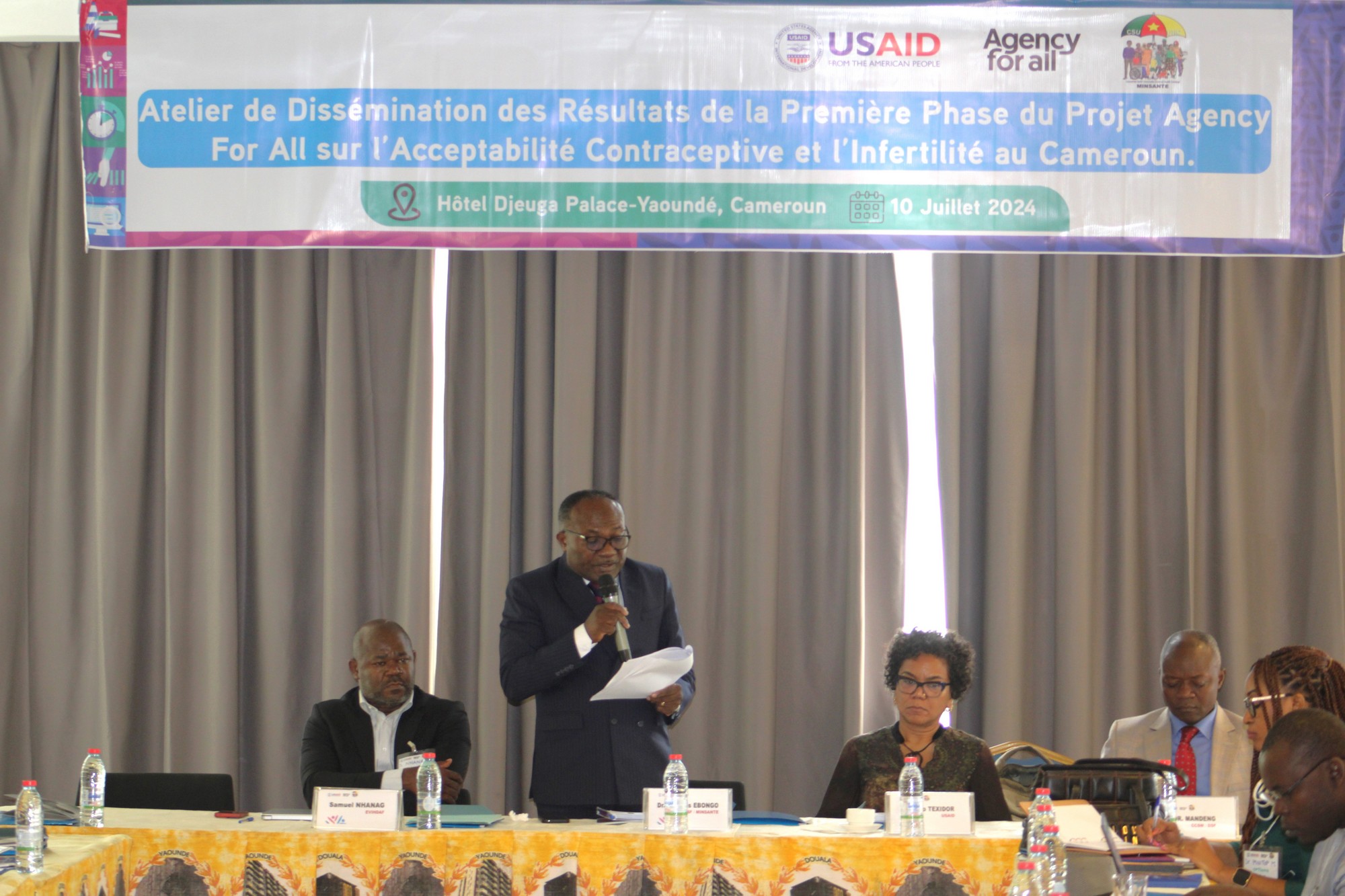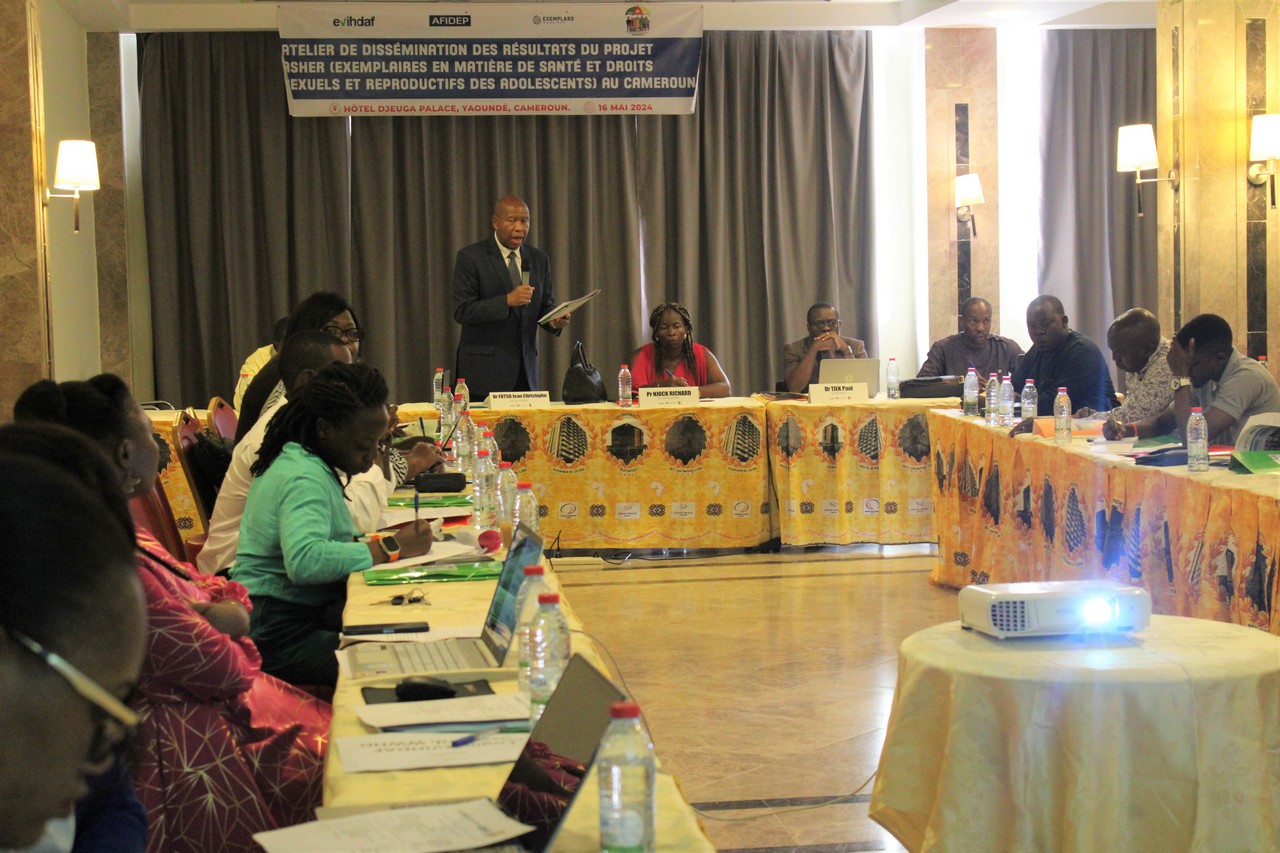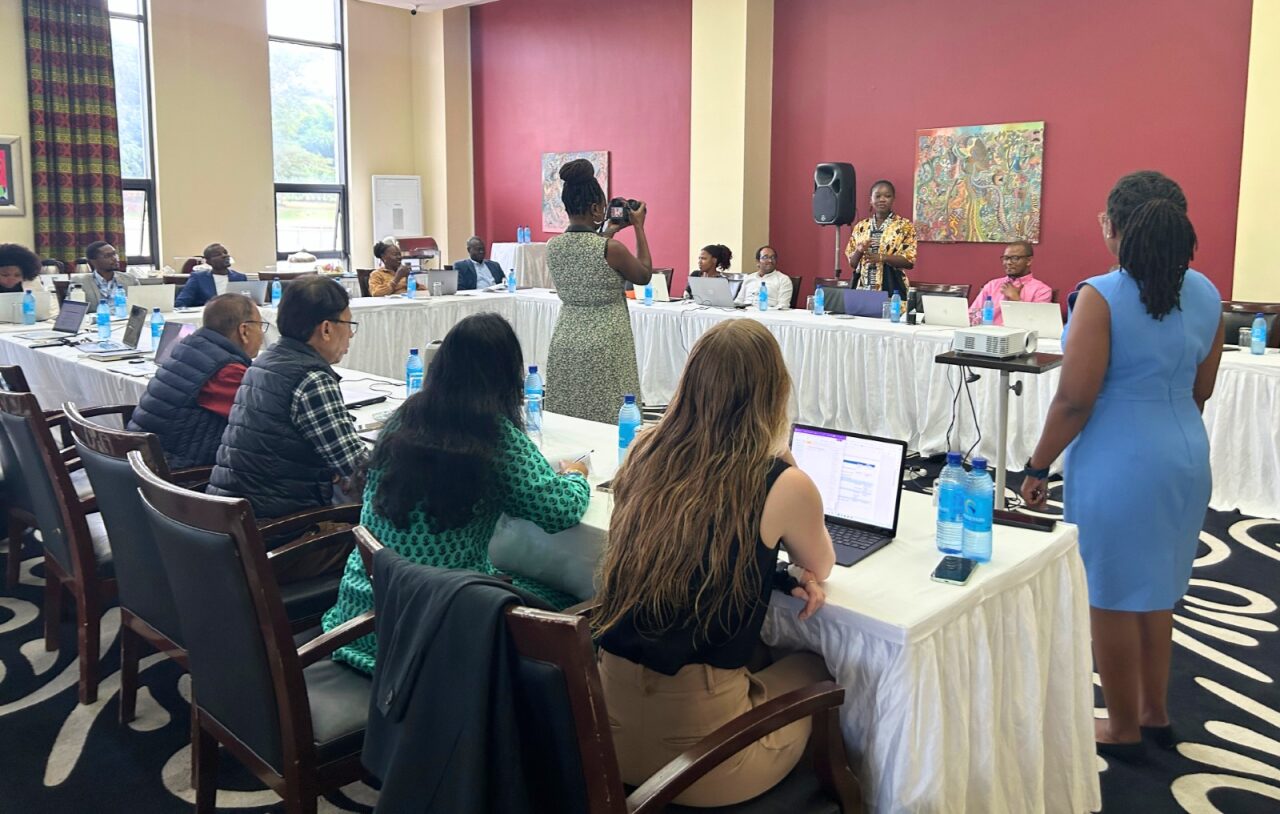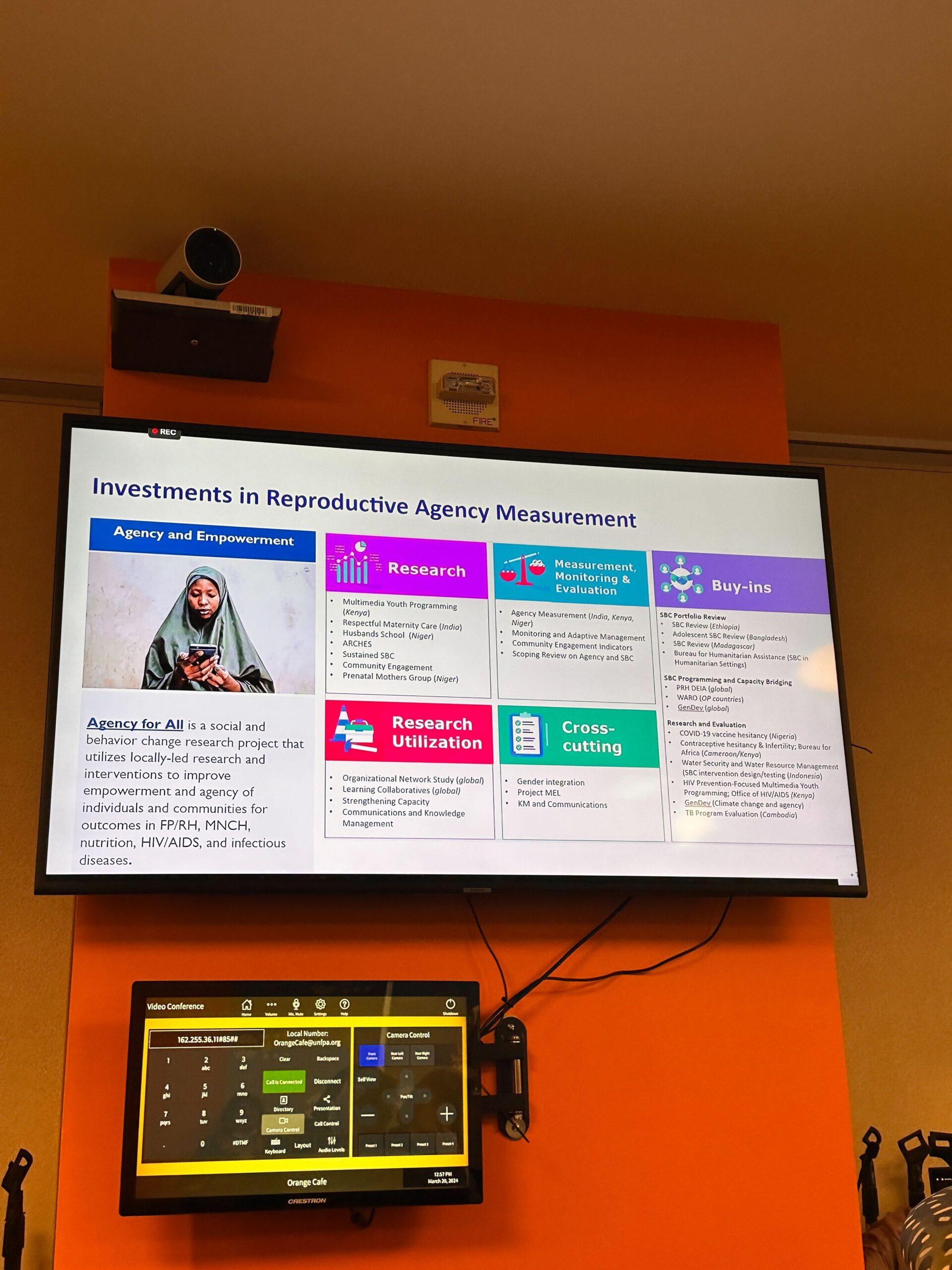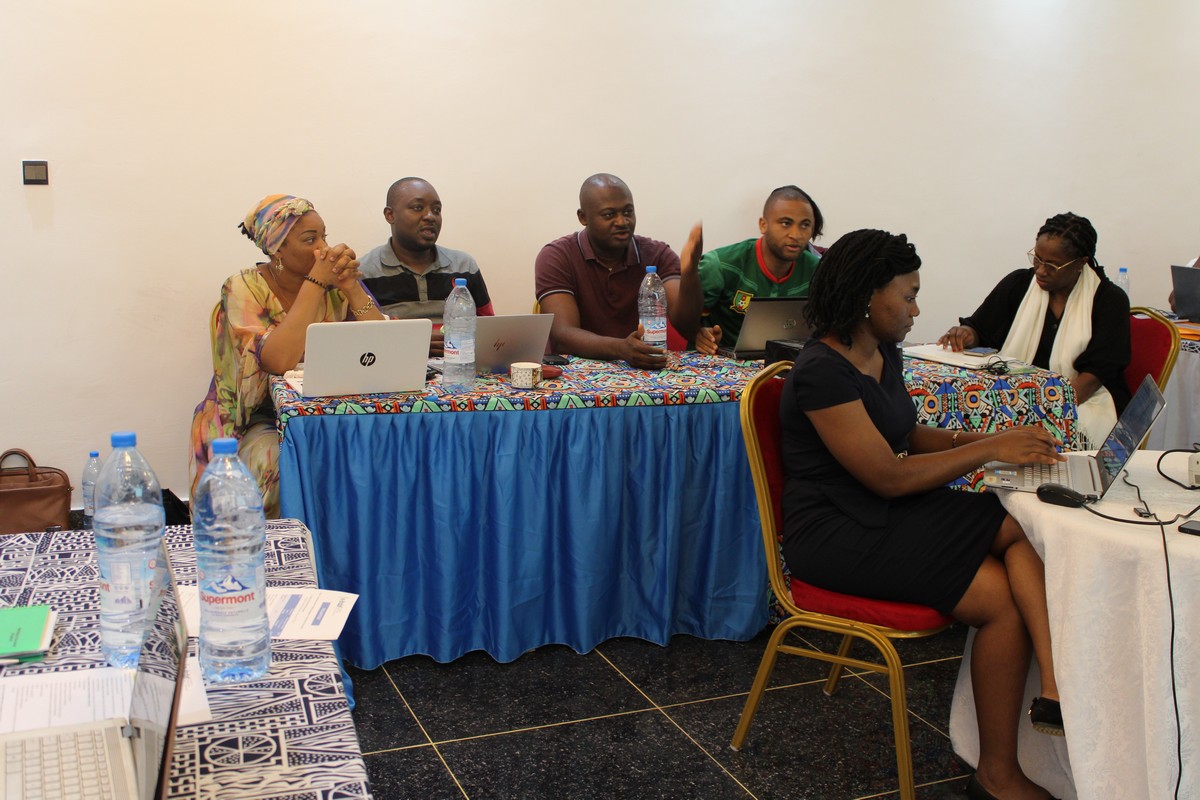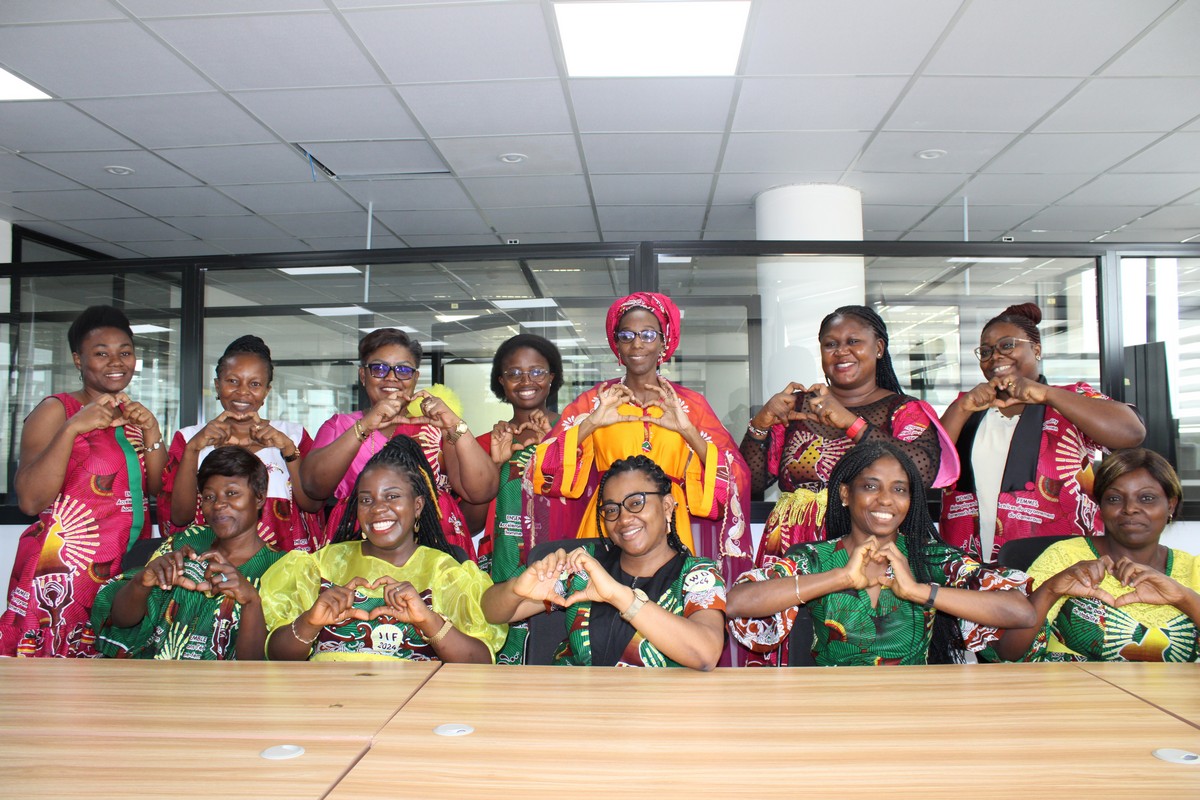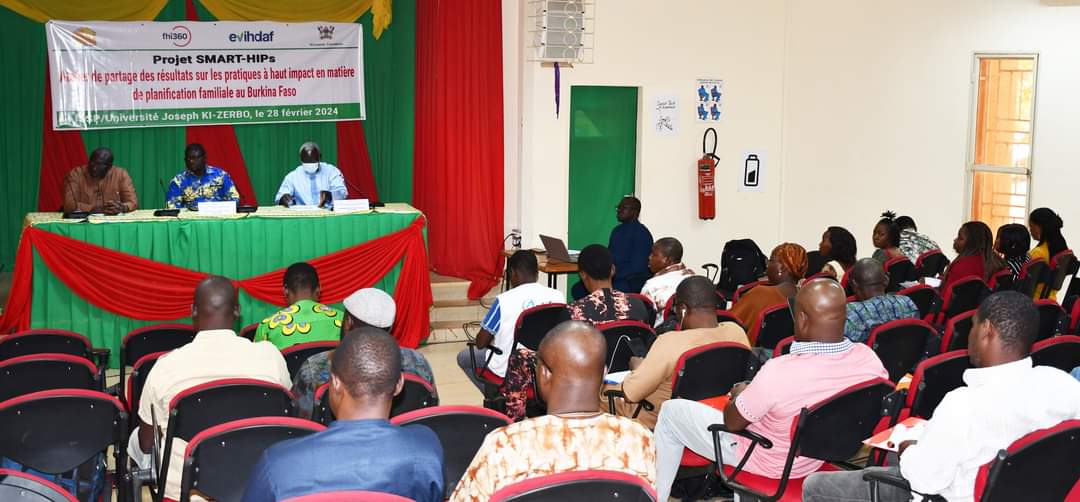A workshop presided over by the Secretary General of Cameroon’s Ministry of Health, and represented by the Director of Family Health (DSF), was held in Yaoundé, July 10, to disseminate the results of Phase I of the twin study on infertility and contraceptive acceptability in Cameroon. The workshop was attended by a USAID representative, policy makers, implementing partners, civil society organizations and the media.
As part of reducing stigma associated with infertility, improving reproductive agency, and developing a measure of contraceptive acceptability, Agency For All (Africa Bureau Buy-in) has been implementing a USAID-funded research project in Cameroon and Kenya since 2023.
EVIHDAF, one of the partner organizations[1] involved in this project, conducted a twin study on contraceptive acceptability and infertility in Cameroon. The aim of this study was to identify the factors behind contraceptive non acceptance; and to document the development of a social and behavioral change (SBC) intervention addressing perceptions, attitudes and norms related to (in)fertility, including infertility-related stigma, in two (02) localities in Cameroon: Yaoundé in the Centre region and Nganha in the Adamawa region. These two localities highlight urban and rural perspectives respectively.
The qualitative research took place from September to October 2023 and was the first phase of the study which included: a document review, in-depth interviews (IDI) and focus group discussions (FGD). Participants were selected in the two (02) study localities, thanks to the facilitation of community health workers. Among resource persons were: health providers, traditional healers, community/traditional and religious leaders as well as community members, including women of childbearing age (21-49) and men aged 21 and over who were already sexually active. [2]
In order to popularize the results of this first part of the study, EVIHDAF organized a dissemination workshop on July 10. The event was chaired by the representative of the Secretary General of Cameroon’s Ministry of Public Health. It was attended by USAID, political decision-makers, implementing partners and civil society organizations.
According to the results presented in Cameroon, an individual’s degree of contraceptive (non) acceptance could be explained by factors such as the level of confidence in contraceptive methods; life goals, experiences and knowledge; the influence of society and the degree of involvement of their partner in their contraceptive choice and decision-making.
With regard to the infertility study, results summarized the perceptions, beliefs and norms that exacerbate the consequences of infertility for women and men. These highlighted not only the need for gender-based programs to combat the stigma and social norms associated with infertility at community and social levels, but also how the social and psychological consequences limit the ability of women and men to overcome infertility, and disproportionately affect women.
The workshop came to an end with much satisfaction, after participants made a number of recommendations for the final version of the report.
[1] Partner organizations involved in this research are: the Center on Gender Equity and Health at the University of California, San Diego (GEH/UCSD), Evidence for Sustainable Human Development Systems in Africa (EVIHDAF), Makerere University, Matchboxology and Save the Children.
[2] For this formative research, we focused on women and men of original gender, i.e. women and men whose gender identity corresponds to their sex at birth.

